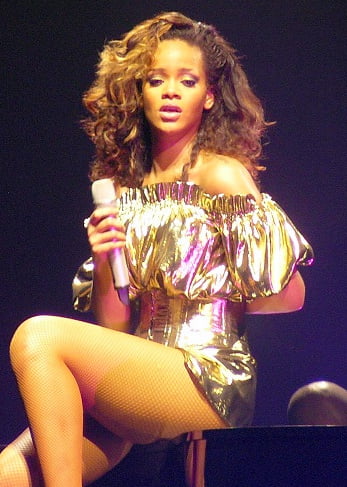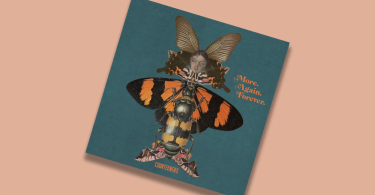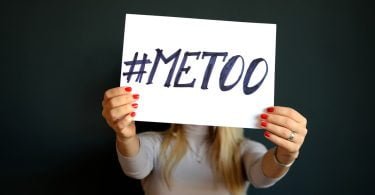It’s a well known fact in the music industry that women are not treated the same as men. Many women are trying to make a difference, but the real question is, why is there such a lack of equality within the music industry?
In the Billboard Hot 100 of the Top 40 Performers in 2015, 62.92% of the performers were male, whilst 13.5% of the songwriters and only 3.2% of producers were female. This demonstrates the severity of the under-representation of females in the music industry.
Research undertaken by Creative Choices found that women are more likely to be higher qualified than their male counterparts. So if there isn’t a lack of qualifications amongst the women, why aren’t there more women working in the music industry?
Perhaps it’s because nearly 50% of women working in the music industry are paid £10,000 less per year than their male colleagues.
Or could part of the problem come down to the over-sexualisation of the female artists who are the main focal points of the music industry?
There is clearly a stigma that unless a woman is attractive or willing to ‘sell’ their body, they won’t be successful artists. Adele is obviously an anomaly to this rule, but we often see artists such as Rihanna, Beyonce and Miley Cyrus parading around with little left to the imagination.

(Wikipedia Commons)
The sexualisation of the female body, particularly in music, is not going to help women working in the industry to be treated professionally.
Sexism in music
Hope Thackery, guitarist with Fierce Morgan, a pop-punk group from Sheffield is no stranger to experiencing sexism in the music industry: “One that sticks in my mind comes from when we played with this well known punk band. These men were probably in their late 40s or early 50s, but that didn’t stop one of them saying to me: ‘Oooh I wish we had shared changing rooms, I didn’t know there would be a girl in a band’.
“To me, that was completely inappropriate – I would never say anything of the sort to a man I found attractive, but somehow he thought that was okay.”

Facebook.com/FierceMorgan
Talking of double standards, I came across an article where Taylor Swift publicly addressed the notion of inequality in the music industry. She said: “You’re going to have people who are going to say, ‘Oh, you know, like, she just writes songs about her ex-boyfriends. And I think frankly that’s a very sexist angle to take. No one says that about Ed Sheeran. No one says that about Bruno Mars. They’re all writing songs about their exes, their current girlfriends, their love life, and no one raises the red flag there.”

(Wikipedia Commons)
I have to admit that I have commented before on Swift’s knack for writing songs about ex-boyfriends, but I have never ‘joked’ about male artists, such as Ed Sheeran and Bruno Mars, for doing the same. So without realising, I was subjecting Swift to different standards than her male peers.
‘Female’ isn’t a genre
On the other hand, what really bugs me is when it has to be stated in articles and reviews that the guitarist is in fact a ‘female guitarist’ whilst a ‘male’ guitarist is simply referred to as a ‘guitarist’. Music shouldn’t have a gender/sex classification.
The term ‘female guitarist’ is used as a sub-category of the ‘female’ genre, and has to definitely be identified whenever possible, because heaven forbid people might think the guitarist is male.
And being a ‘female guitarist’ tends to be treated as subpar to the ‘male guitarist’.
“I generally get people complimenting me in a backhanded manner – ‘Oh you’re better than I thought you would be, for a girl’ – or some other patronising comment”, Hope Thackery said.
Women at the top
Women such as Michele Anthony, Executive Vice President of Universal Music Group and Jody Gerson, CEO of Universal Music Publishing Group (and no. 12 and 18 on Billboard’s 2016 Power 100 list) are vital in showing that women can and do reach the top in the music industry.
As a wise woman once said (Beyonce in her ‘Gender Equality Is a Myth report):
“Humanity requires both men and women, and we are equally important and need one another.”









